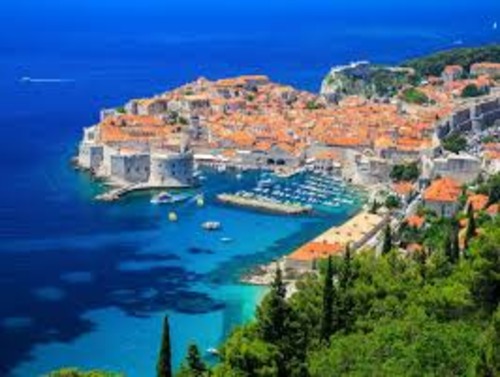Can Croatia’s New Gambling Laws Outplay the Black Market?


Croatia has rolled out a fresh wave of gambling law reforms aimed at tightening control over the market. These changes include stricter advertising rules and higher taxes for operators. As black market activity continues to rise, Croatia hopes this move will restore balance and accountability in the sector.
Croatia has a new law in town
In particular, Croatia’s new laws target aggressive marketing tactics. Operators must now follow tougher advertising guidelines to prevent excessive promotion. This shift is intended to reduce the appeal of gambling, especially among younger and vulnerable populations. Local stakeholders, however, remain cautious about the overall impact.
At the heart of the debate is taxation. Croatia has raised gambling taxes, putting pressure on legal operators. According to industry experts, this could lead to market consolidation or even operator exits. As legal options shrink, the black market may become more attractive to players. This creates a potential setback for Croatia’s efforts.
Moreover, the rising popularity of offshore betting platforms is a growing concern. These unregulated operators bypass Croatia’s laws, offering unchecked access and tax-free winnings. Without competitive legal alternatives, more Croatian players may be tempted to use these shadow services. This directly undermines regulatory goals.
The changes may work, and they may not
Still, some believe the changes could work if paired with better enforcement. Croatia must invest in monitoring and penalties to ensure compliance. Blocking access to unauthorized sites could also help protect consumers. Transparency, education, and cooperation between public agencies and private firms will be key.
In conclusion, Croatia’s attempt to update its gambling laws is a bold move. While the intention is to curb black market growth, higher taxes and tighter advertising rules come with risks. Unless carefully managed, these reforms could backfire. The road ahead will require strategic oversight and continuous adaptation. Croatia must strike the right balance between regulation and sustainability.